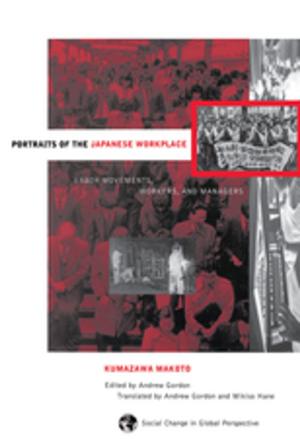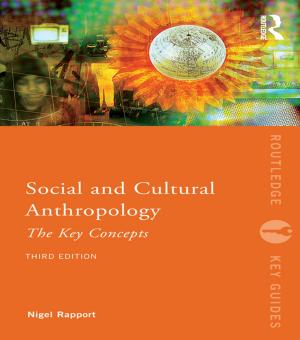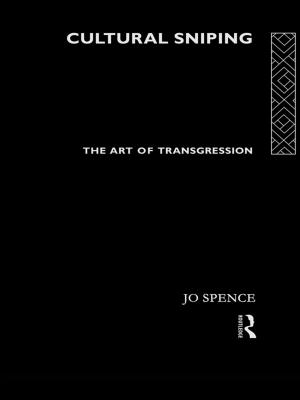Elizabeth Cellier
Printed Writings 1641–1700: Series II, Part Three, Volume 5
Fiction & Literature, Literary Theory & Criticism| Author: | Mihoko Suzuki | ISBN: | 9781351941112 |
| Publisher: | Taylor and Francis | Publication: | July 5, 2017 |
| Imprint: | Routledge | Language: | English |
| Author: | Mihoko Suzuki |
| ISBN: | 9781351941112 |
| Publisher: | Taylor and Francis |
| Publication: | July 5, 2017 |
| Imprint: | Routledge |
| Language: | English |
Elizabeth Cellier, the scandalous celebrity known as the 'Popish midwife', became the focus of a large number of pamphlets in 1680: accounts of her two trials, her self-vindication, Malice Defeated, her opponent Thomas Dangerfield's rejoinder, and various anonymous satiric attacks against her. She was tried twice: the first time for the more serious charge of treason, and the second for libel, for publishing Malice Defeated. She was acquitted the first time, but found guilty the second, though her punishment was to be pilloried, not executed. She reemerges as the author of tracts on midwifery, proposing to James II the establishment of a professional guild of midwives. Her writings exhibit her remarkable determination to publish her accusations of judicial torture and her advocacy of the licensing of midwives as professional women, as well as exemplifying the importance of the printing press for enabling women to participate in the political public sphere.
Elizabeth Cellier, the scandalous celebrity known as the 'Popish midwife', became the focus of a large number of pamphlets in 1680: accounts of her two trials, her self-vindication, Malice Defeated, her opponent Thomas Dangerfield's rejoinder, and various anonymous satiric attacks against her. She was tried twice: the first time for the more serious charge of treason, and the second for libel, for publishing Malice Defeated. She was acquitted the first time, but found guilty the second, though her punishment was to be pilloried, not executed. She reemerges as the author of tracts on midwifery, proposing to James II the establishment of a professional guild of midwives. Her writings exhibit her remarkable determination to publish her accusations of judicial torture and her advocacy of the licensing of midwives as professional women, as well as exemplifying the importance of the printing press for enabling women to participate in the political public sphere.















